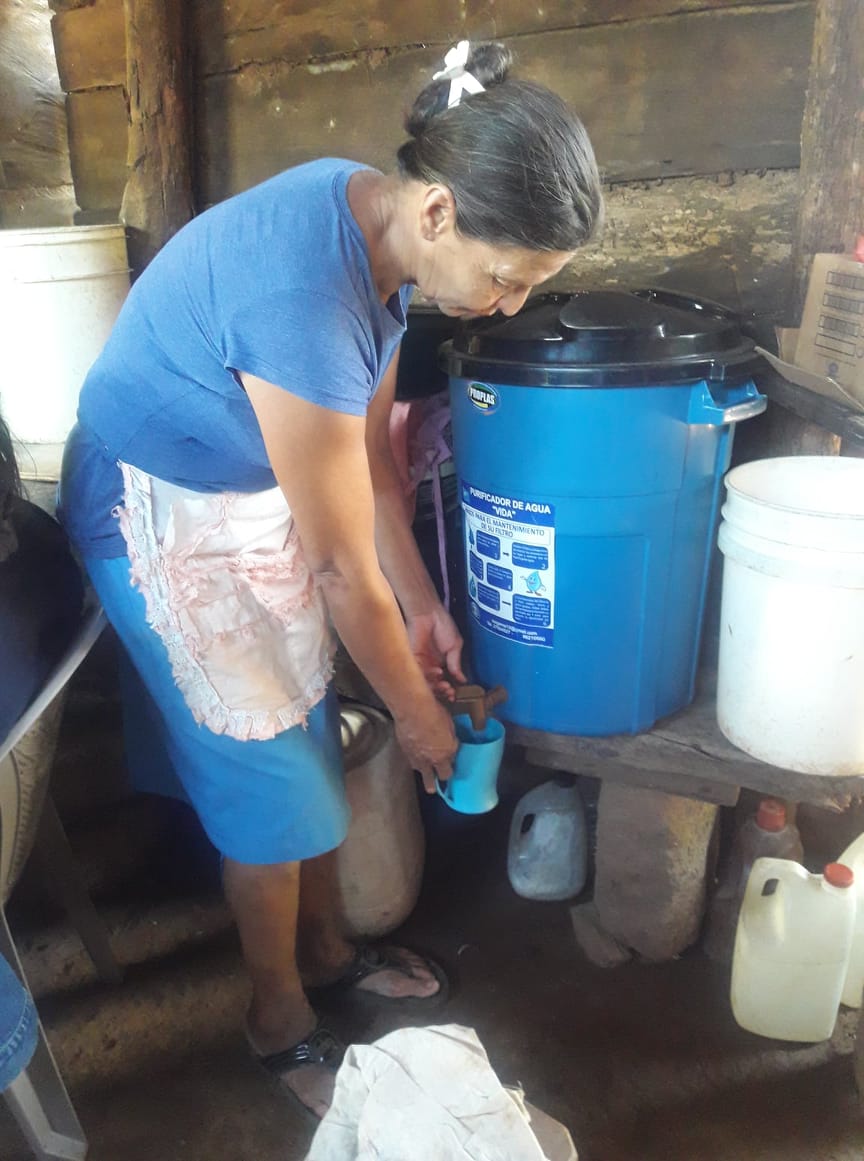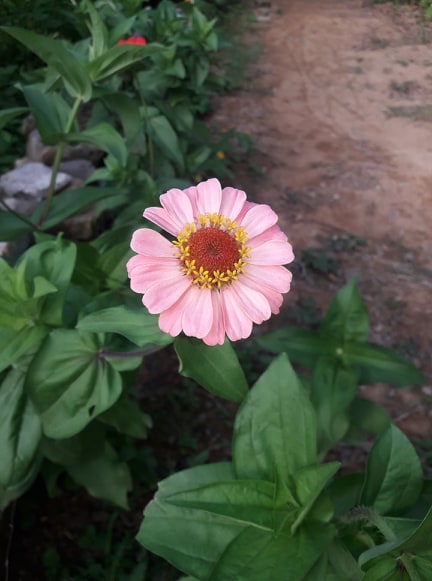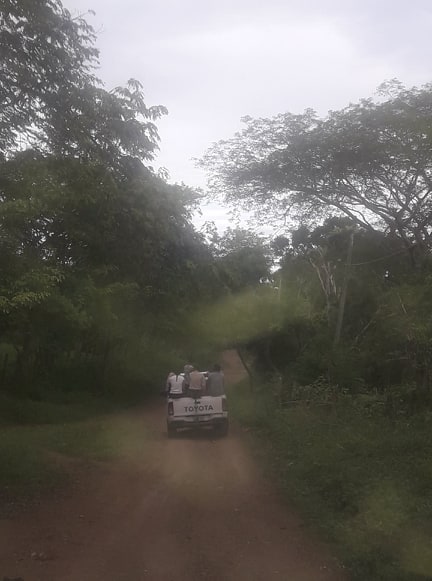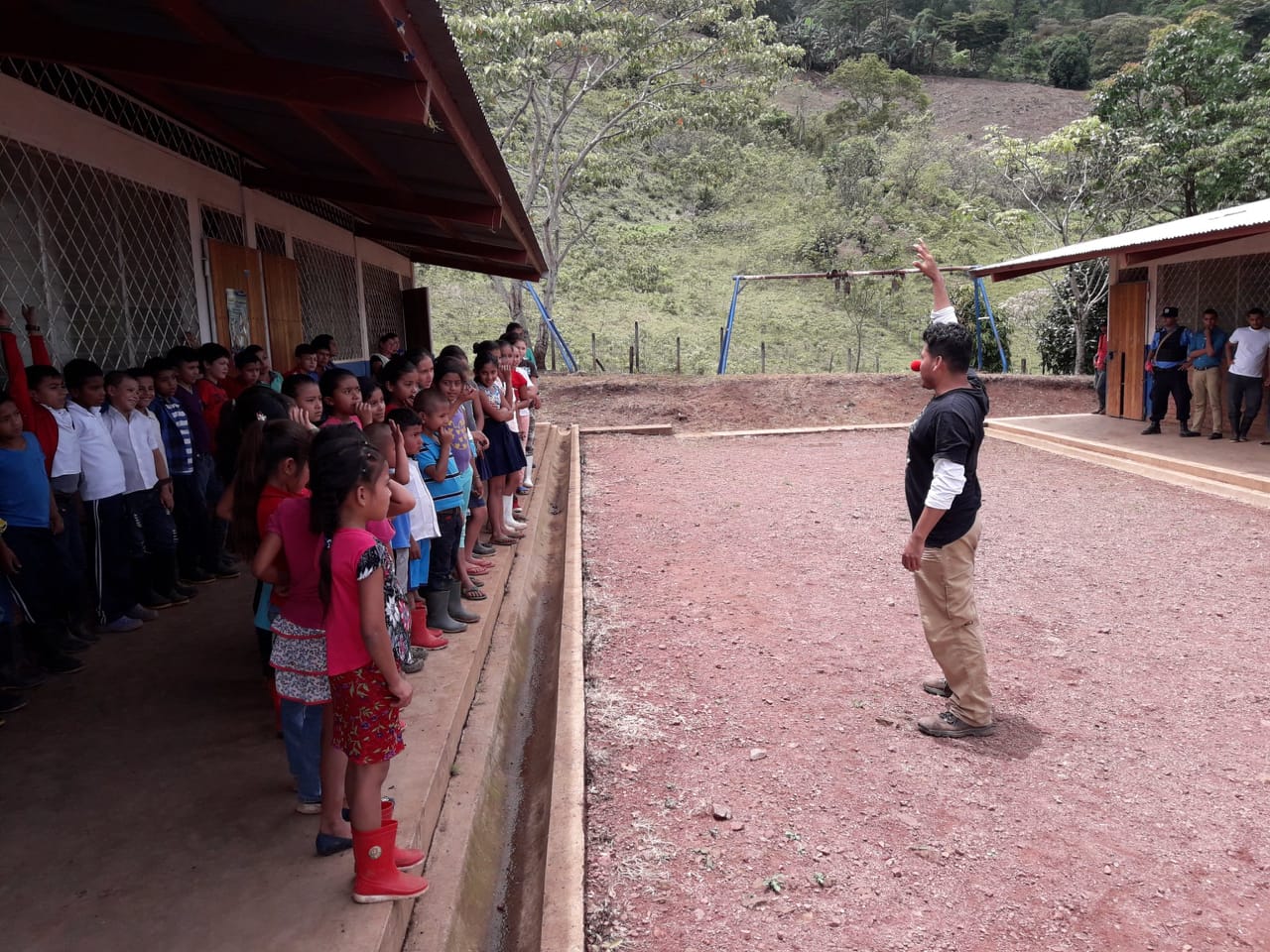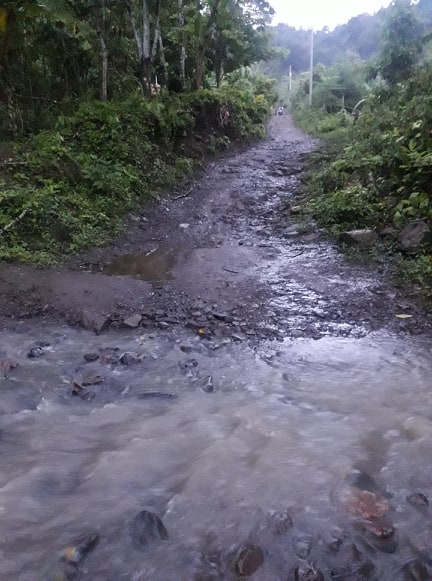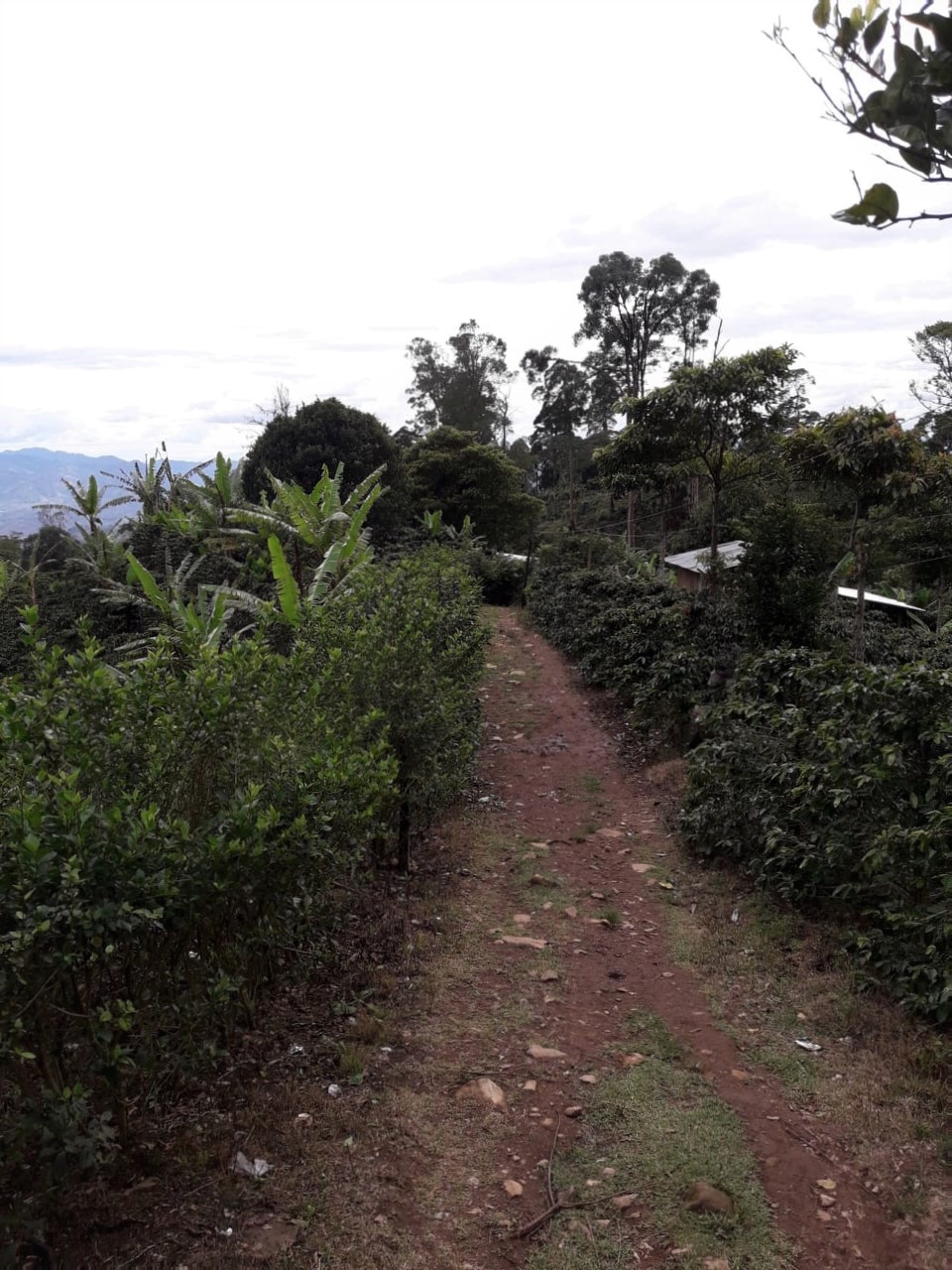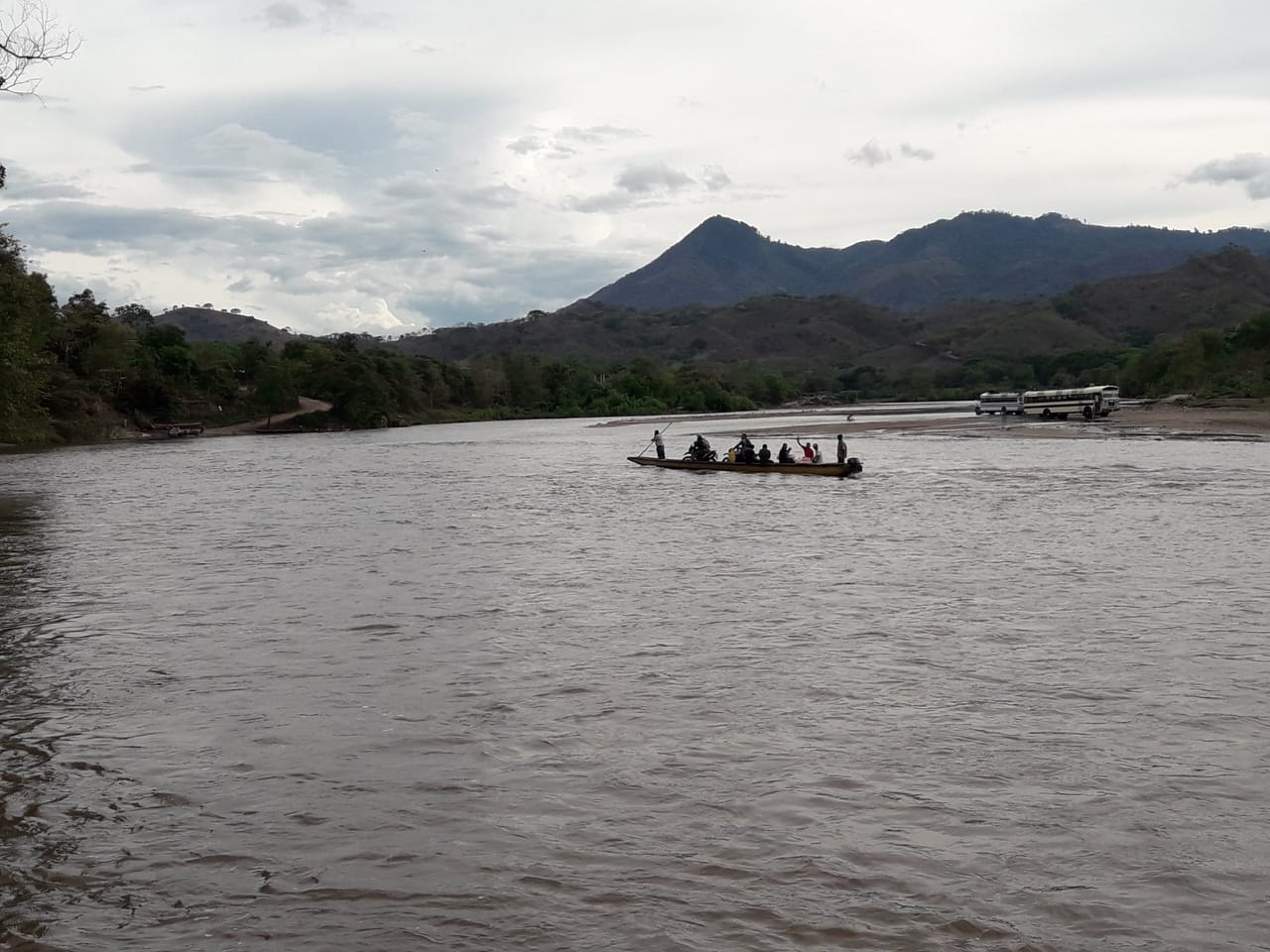A Letter from Ian and Jhanderys Dotel-Vellenga, serving in Nicaragua
August 2019
Write to Ian Vellenga
Write to Jhanderys Dotel-Vellenga
Individuals: Give online to E200391 for Ian and Jhanderys Dotel-Vellenga’s sending and support
Congregations: Give to D507593 for Ian and Jhanderys Dotel-Vellenga’s sending and support
Churches are asked to send donations through your congregation’s normal receiving site (this is usually your presbytery).
“Life is full of beauty. Notice it. Notice the bumblebee, the small child, and the smiling faces. Smell the rain and feel the wind. Live your life to the fullest potential, and fight for your dreams.” ~ Ashley Smith
Here in Nicaragua, we are currently in the middle of the rainy season, commonly referred to by the locals as “invierno.” After April and May — the hottest months of the year — invierno feels rejuvenating. This is also the time of year when almost all of the region gets most of its annual average rainfall. The land gets greener, and nature flourishes and blooms. Everything is made beautiful, and the senses are flooded with the smell of the flowers and wet grass. It is the start of something new.
At the beginning of the season, Ian, some of our co-workers and I had the opportunity to visit some communities in the country, or “el campo.” Visiting communities that partner with churches in the U.S. is like being on a school field trip. We get to know the communities, their leaders, their way of living, their hopes and needs. Each community is different, but they often share similarities in terms of difficulties and necessities.
On a recent trip, we were able to visit a community up in the mountains a couple of hours from the Honduran border. The people there lack many of the comforts we often take for granted, like running and drinkable water, interior plumbing, electricity, and even enough beds for all members of the family. Some of the communities are set deep in the mountains, and constant rains made them even more difficult to reach. We often had to jump out of the trucks and walk through muddy, rocky and almost nonexistent rural roads to reach some of the places we wanted to see. But in every school, church and house we stopped at, people received us with a contagious and genuine happiness and an excitement that was almost impossible to resist.
I was often impressed by their welcoming ways and joyous spirits … They welcomed us into their spaces with pride and honesty, repeating often that their house was now our house too and that we could come back anytime. We sat together, had many cups of coffee, shared meals and took part in conversations about life, blessings, expectations and frequent scarcity in terms of material things but abundance in faith and hopes for the future.
As we sat together under a tin roof listening to the rain fall or the creek flowing behind the house, life did not feel so different, but it is. The worst part is that we often believe that because people are “happy” lacking many of the things that we consider “indispensable” in our lives, they do not want more. We believe they might be content with their “simple” ways of living. But in many senses, that is far from the truth. People wish for more and better: better living conditions for their children, themselves, and their community; better water systems, which means better health and hygiene; better roads for easier travel and access to other communities and cities. More schools mean better education and job opportunities; electricity means not only more security but also connectivity, easier access to information, and less isolation in terms of their country and the world at large. “More” and “better” in this sense mean an improved quality of living and enhanced expectations for the future.In the Bible, rain is referred to in terms of restoration, harvest and a blessing after a drought, a symbol of God’s love for God’s people. Rain often makes me think about expectancy and God’s promise of a plentiful fruition or collection after a dry season or harsh times.
As partners of many of these communities through CEPAD, and as brothers and sisters in Christ, we can help to ease many of their needs by becoming instruments of God’s promise on earth. We might not be able to build aqueducts and roads, but we can provide scholarships for poor families to send their children to school. We can help to provide water filters and to build wells where there is not potable water available. We can help provide training to teach people how to grow more food, making it easier for them to have a healthier and balanced diet. There are many ways in which we can help to alleviate and lighten their harsh and dry seasons.
You can also support CEPAD’s work by starting a partnership with a rural community, donating to CEPAD’s programs and by supporting us and our work in Nicaragua.
We are grateful for all of you and wish you seasons of good harvest and showers of blessings, always.
Jhan and Ian
![]() You may freely reuse and distribute this article in its entirety for non-commercial purposes in any medium. Please include author attribution, photography credits, and a link to the original article. This work is licensed under a Creative Commons Attribution-NonCommercial-NoDeratives 4.0 International License.
You may freely reuse and distribute this article in its entirety for non-commercial purposes in any medium. Please include author attribution, photography credits, and a link to the original article. This work is licensed under a Creative Commons Attribution-NonCommercial-NoDeratives 4.0 International License.
